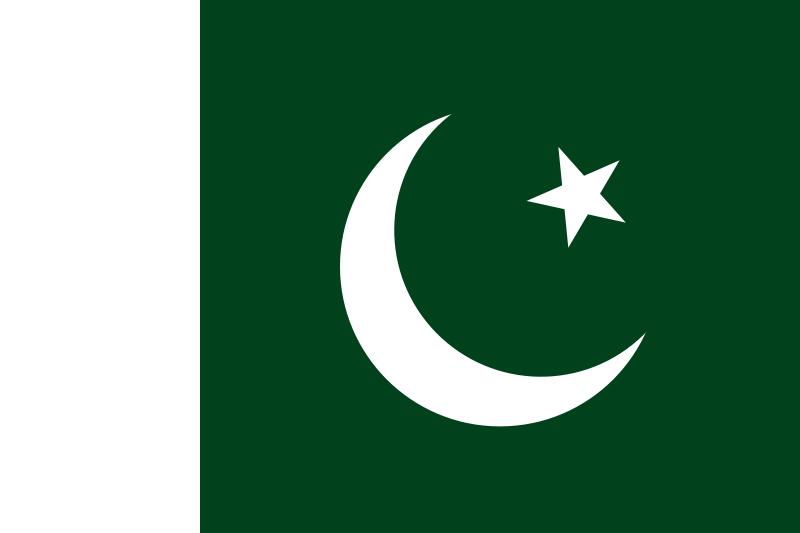Public & National Holidays in Pakistan
Instructions
-
1
Holidays In February
5th - Kashmir Day
Every Gregorian year, ‘Kashmir Solidarity Day’ is the first national holiday in Pakistan. The holiday is on February 5th of a Gregorian year. All across the country, Pakistanis protest against India’s forceful occupation of Kashmir and urge the international community to force India towards a democratic solution of Kashmir. Kashmir Day was first celebrated as a national holiday in 1990 for the first time and is observed as a national holiday ever since. -
2
Holidays In March
23rd - Pakistan Day
March 23rd marks the second public holiday in Pakistan. The day is celebrated as ‘Pakistan Day’. The holiday commemorates the Lahore Resolution or Pakistan Resolution which was passed in 1940 and was the first clear idea towards an independent Muslim state in the subcontinent. It was on March 23, 1956 that Pakistan adopted its first written constitution. As a result of this constitution, Pakistan became world’s first Islamic Republic. -
3
Holidays In May
1st - Labour Day
Similar to most countries in the world, May 1st is a national holiday in Pakistan as well. The day is celebrated as Labour Day and is aimed at highlighting the efforts those need to be for the betterment of an economy’s blood line, the labourers. -
4
Holidays In August
14th - Independence Day
August 14th is celebrated as Independence Day in Pakistan and is the fourth national holiday in each Gregorian year. All Pakistanis commemorate the creation of an independent Muslim state in the subcontinent after years of struggle under the guidance of Quaid-e-Azam, Allama Iqbal and other Muslim leaders. On August 14, 1947, Pakistan was liberated from United Kingdom and ever since the day is being celebrated as Independence Day. -
5
Holidays In November
9th - Iqbal Day
November 9th is another national holiday in Pakistan known as Iqbal Day. The Pakistani nation commemorates the birth of its national poet Muhammad Iqbal, more commonly known as Allama Iqbal. The legendary poet was born on November 9, 1877. After the creation of Pakistan in 1947, November 9th was declared as a national holiday. -
6
Holidays In December
25th - Quaid-e-Azam Day
December 25th marks the birthday of Pakistan’s founder, Muhammad Ali Jinnah also known as Quaid-e-Azam. Quaid-e-Azam’s efforts became the driving force behind success of the Pakistan movement. The legendary leader was born on 25 December 1876. -
7
Islamic Holidays
10th to 12th Dhul Hijjah - Eid-ul-Adha
Apart from these 6 holidays which are dependant on the Gregorian calendar, a number of holidays also depend on the lunar (Islamic) calendar. All across the Muslim community, Eid-ul-Adha is celebrated on 10th Dhul Hijjah, last month in lunar calendar. Conventionally, Eid-ul-Adha is celebrated for three consecutive days starting from 10th Dhul Hijjah to 12th Dhul Hijjah.
1st to 3rd Shawal - Eid-ul-Fitr
Eid-ul-Fitr, which marks the end of the fasting month for Muslims, is celebrated on Shawwal 1st of every lunar year. Pakistanis get three consecutive holidays on the occasion of Eid-ul-Fitr, 1st, 2nd and 3rd Shawwal.
12th Rabi-ul-Awal - Birthday of Muhammad (SAW)
Birthday of the Prophet of Islam, Muhammad (SAW) is another is another public holiday in Pakistan. The occasion is named as Eid-Milaad-un-Nabi.
9th - 10th Muharram - Ashura
9th and 10th of Muharram are public holidays in Pakistan. On these days each lunar year, Muslims commemorate the sacrifice of Hazrat Hussain ibn Ali; also know as Imam Hussain. The sacrifice was made in the barren lands of Karbala, Iraq.








